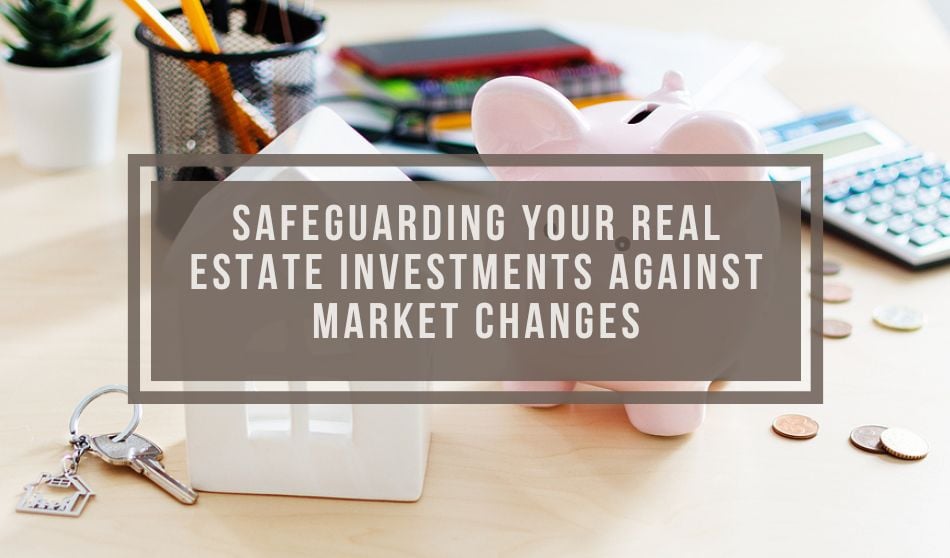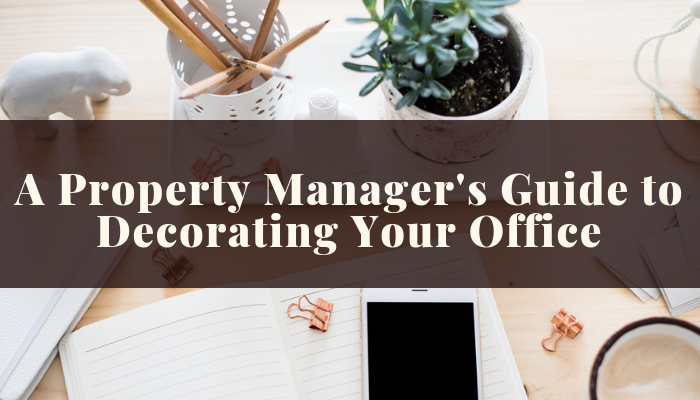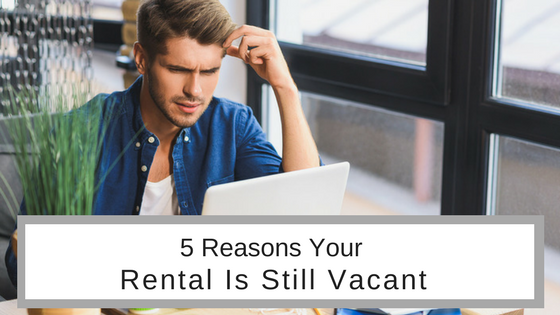
As the market changes, real estate investors naturally want to mitigate financial risk. Thankfully, there are some helpful strategies that you can implement to safeguard your real estate investments as the market changes.
Key Ideas:
- Separate livability and financiers with an LLC
- Diversify your real estate portfolio
- Opt for a fixed-rate mortgage
- Carry livability and landlord insurance
- Foster your network
If you have real estate investments, you might wonder how to protect them in the year ahead. With increasing economic uncertainty, higher interest rates, and a shortage of properties in many cities in the US, many investors want to know what they can do to protect the assets they already have.
Whether you have a single rental property or an extensive portfolio, here are some strategies to protect your real estate investments, even during market volatility. While you don’t have to implement every suggestion, following just one or two can go a long way in minimizing financial risk.
Create an LLC
Creating a limited liability company (LLC) will separate your personal finances from your real estate investments. Not only does getting an LLC provide tax benefits, but it also protects your personal home and assets from liability. That means that if a tenant sues you or there is an issue with an investment-related creditor, your personal home and assets are not impacted.
Another option is creating a real estate trust for your property investments. A real estate trust can help in the estate planning process and maintain your privacy. To ask which legal formation is best for your portfolio, consult a real estate or businescs attorney.
Diversify Your Portfolio
Investing in more diverse types of assets is one way you can reduce risk in your portfolio. For example, if you’re an accredited investor with an extensive portfolio, you could balance short-term vacation rentals and long-term rentals. If you only had short-term rentals in the same area and laws changed that prevented their operation, your whole portfolio could be at risk.
But, by diversifying your property types, geographic locations, and market segments, you can spread out your risk and safeguard your assets. This is especially important if you rely on rental income as part of your retirement plan.
Lock in Financing
During times of economic uncertainty, interest rates can fluctuate. If you don’t have fixed-rate mortgages on your rental properties, now is a good time to secure one. If interest rates drop, you can always refinance your mortgage in the future. Variable-rate mortgages can seem helpful initially, but in times of high economic instability, increased rates can negatively affect your profits and cash flow.
It’s also wise to monitor your credit and ensure you have a strong credit profile. That way, if you need to refinance a property, get access to new lines of credit, or negotiate with lenders, you’re more likely to get access to favorable rates and terms.
Keep Cash Reserves
Some investors prefer to invest their cash in updating their properties, but keeping a large cash buffer in your accounts instead can help provide stability during market changes. If tenants stop paying rent or property taxes rise, cash reserves can help you pay all your operational costs for several months or longer.
Having cash on hand can also prevent you from having to take on high-interest debt or leverage one of your properties to pay for repairs. You’ll also have some money available if you come across another investment opportunity and want to make an offer right away.
Carry Proper Insurance
It goes without saying that having proper insurance coverage is a must to protect your assets. For real estate investors, that means carrying liability and landlord insurance, as well as workers’ compensation insurance if you have employees. Depending on your area, you might also need to purchase additional flood or fire insurance coverage if your properties are located in places prone to natural disasters.
Review these policies regularly, call your insurance company every few months to ask for discounts, and keep records of all your policies in a place that’s easily accessible. It’s also a good idea to require your renters to have renters’ insurance so their assets are protected as well.
Build Strong Relationships
It’s impossible to put a price tag on strong relationships, but having a network of professionals who can help you during uncertain times brings a lot of security. Whenever conducting business, connect with bankers, attorneys, real estate agents, and contractors who might be able to provide insight or guidance during turbulent markets.
If you have tenants, it’s also a good idea to develop a strong relationship with them. Tenants who feel they are treated well are less likely to leave and more likely to care for the property. Fixing maintenance issues quickly and respecting their space go a long way toward creating a professional, trusting relationship.





